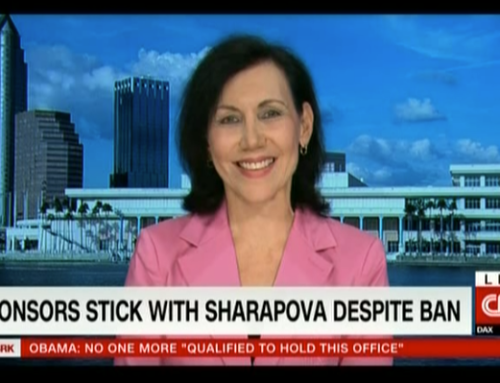When I was a rookie headhunter in Tokyo I often made the mistake of limiting my questions to a candidate’s interest in changing jobs. What I failed to realize, however, was that these candidates, even if they weren’t interested in my opportunities, were invaluable storehouses of information, information that could help me find a candidate who was interested in changing their job. Eventually, I shifted my focus from determining a candidate’s interest, to downloading as much potentially valuable information from them as I could. When I realized how valuable the information was, “downloading people” became my number one priority.
When meeting a candidate, I’d usually spend the first ten minutes asking questions like:
- How many people are in your department? What are their names? (Find more potential candidates)
- Is everybody happy at work? (Is this company a good target? Are people willing to move?)
- I know you that aren’t interested in changing companies right now, but if you were interested in the future what kind of job will be ideal for you? (Make a note, and call the candidate if such a job pops up)
- I’m looking to know more people in your industry. Do you know anyone who is well connected and would be willing to meet with me for a cup of coffee? (Almost everybody knows a well connected person. A ten minute meeting with someone like that can be pure gold).
I could think of plenty more questions off the top of my head, but you get the idea.
Another example of how asking lots of questions helped me was the last time I went on the job hunt. I sent a job inquiry email to a web startup company that I guessed had little funding and probably wouldn’t hire anyone for a long time. I didn’t want to prejudge, so I asked if they had any open positions just to be sure.
It was a small company, so the president got back to me right away. He told me that there weren’t any positions and that they didn’t plan to hire in the near future. I thanked him for his time and asked if he knew anyone I could talk to who might be hiring, and he let me know of a networking event where startup entrepreneurs often met. That networking event turned out to be a very good place to find new job leads.
If I only asked if the company was hiring, I probably would have had a very short conversation. Instead, I asked as many questions as I could, and ended up with valuable information. I’m sure I could have found out about the networking event through Google, but it probably would have taken me a lot more time, and I wouldn’t have known if that event was worth going to or not.
It’s important not to get into the trap of focusing on narrow objectives. Doing so will blind you to all the great opportunities that you hadn’t thought of. Download as much as you can from everyone you meet and sort it all out later. When it comes to downloading people, it doesn’t matter if the person you talk to is a CEO or the intern who waters the office plants. Everyone has valuable information. All you have to do, is ask.
Kenji Crosland is a web entrepreneur who does SEO/Blog Outreach work for Teachstreet.com, a website that provides course listings on many subjects, including small business skills classes. In his free time he blogs about entrepreneurship and career development at Unready and Willing.








[…] Why You Should Master The Art of Downloading People (Oddpodz.com) […]